Shares of misinformation have skyrocketed in recent years, with the internet and social media platforms providing a fertile ground for the spread of false health information. According to healthcare professionals, this trend has significantly impacted their profession, making it increasingly challenging to provide accurate diagnoses and treatments. Dr. Rachel Kim, a primary care physician, noted that "patients often come in with preconceived notions about their conditions, which can lead to misdiagnoses and delayed treatment." This phenomenon is particularly concerning, as it can have severe consequences for patients' health and well-being.
The rise of online health forums and social media groups has created a sense of community for individuals seeking health information and support. However, this has also led to the proliferation of unverified claims and pseudoscientific theories. Dr. John Taylor, a specialist in infectious diseases, emphasized that "the internet can be a double-edged sword. While it provides access to a vast amount of information, it also amplifies misinformation and can lead to the spread of false health information." As a result, healthcare professionals are finding it increasingly difficult to separate fact from fiction and provide accurate guidance to their patients.
The issue is further complicated by the fact that many patients are now taking a more active role in their healthcare, seeking to educate themselves about their conditions and treatments. While this can be beneficial, it also creates a power imbalance between patients and healthcare providers. Dr. Emily Chen, a specialist in patient education, noted that "patients often feel empowered by the information they find online, but this can also lead to a sense of mistrust and skepticism towards healthcare providers." This can make it challenging for healthcare professionals to establish trust and provide effective care.
In an effort to counter the spread of misinformation, healthcare professionals are turning to evidence-based resources and educational programs to help patients make informed decisions about their health. Dr. Kim emphasized that "it's essential for patients to have access to credible sources of information, such as peer-reviewed journals and reputable health organizations." By working together, healthcare professionals and patients can navigate the complex digital landscape and make informed decisions about their health.
As the digital age continues to shape the healthcare landscape, it is essential for healthcare professionals to stay vigilant and adapt to the changing needs of their patients. By providing accurate information, promoting critical thinking, and fostering a culture of trust and respect, healthcare professionals can help patients make informed decisions about their health and well-being.
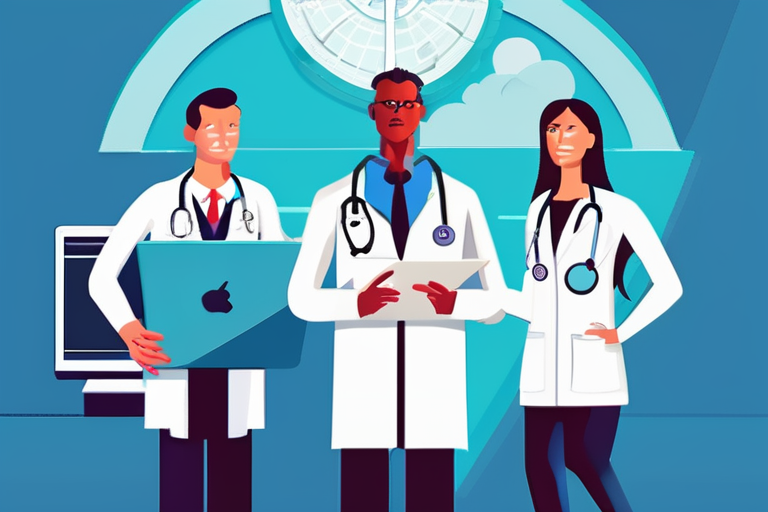





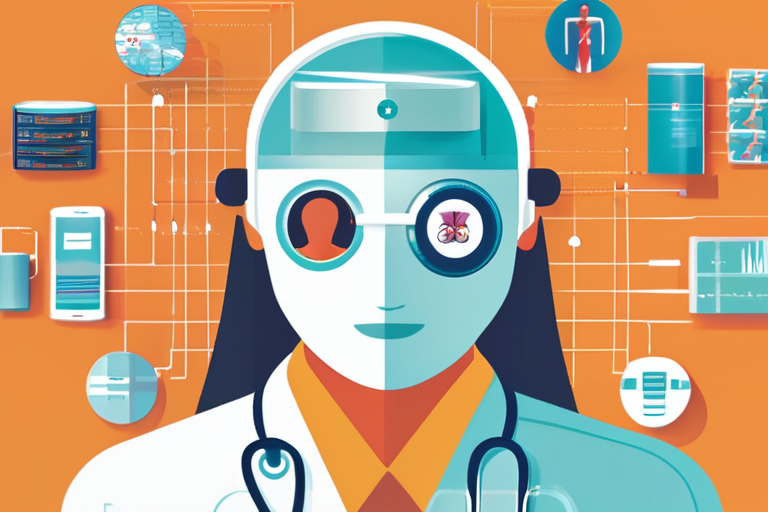

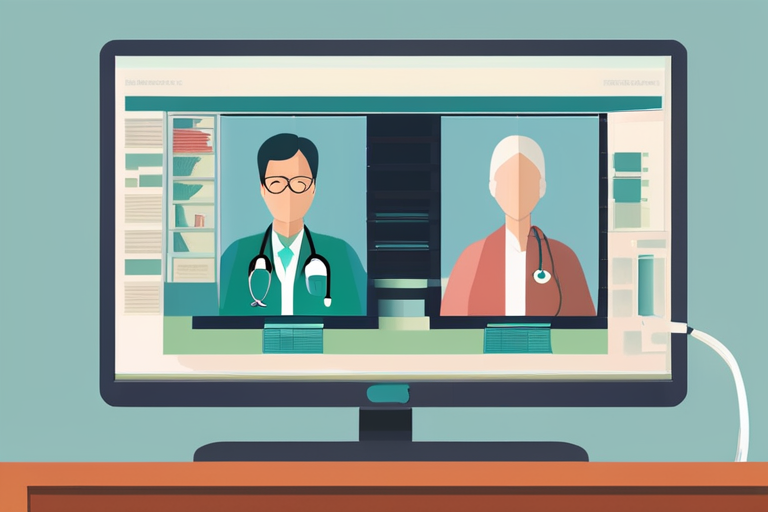


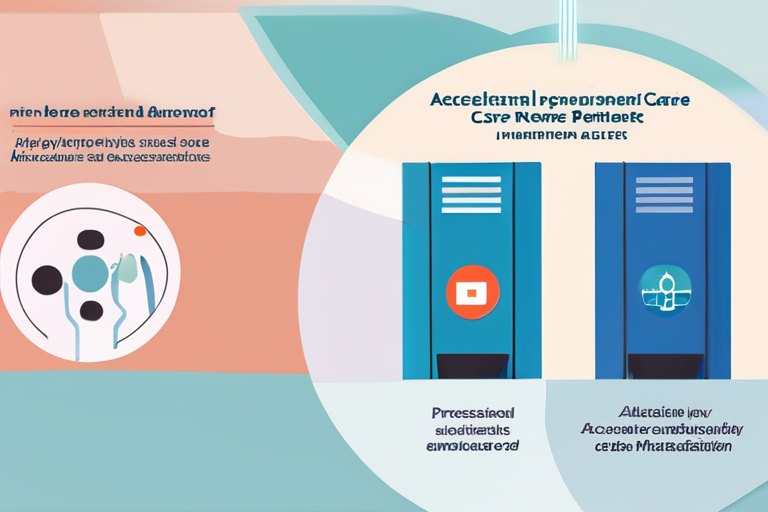
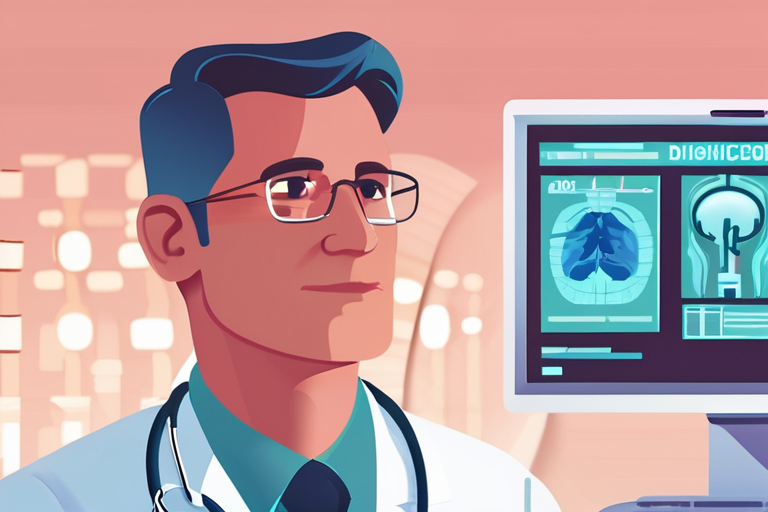





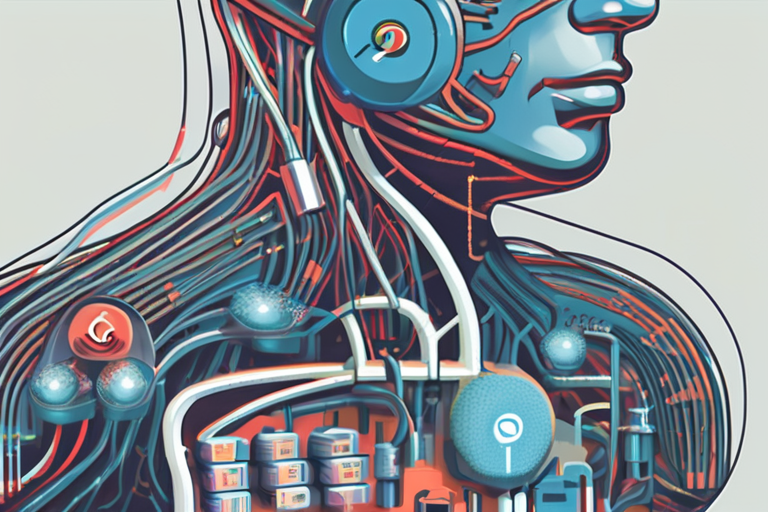

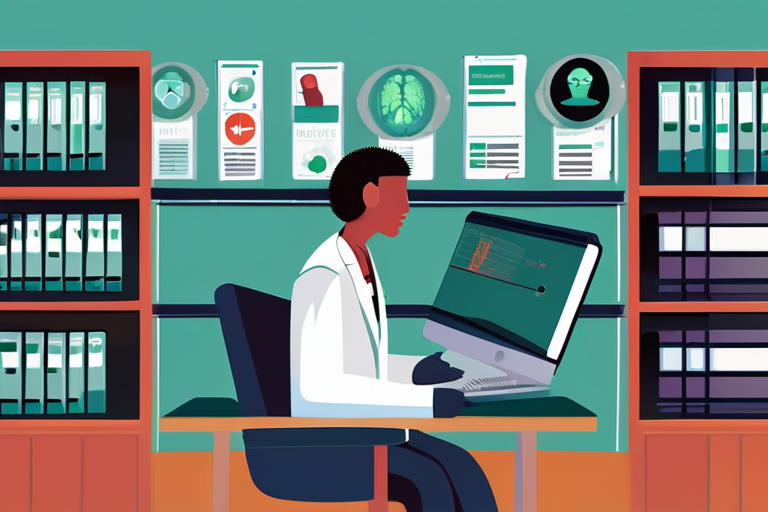


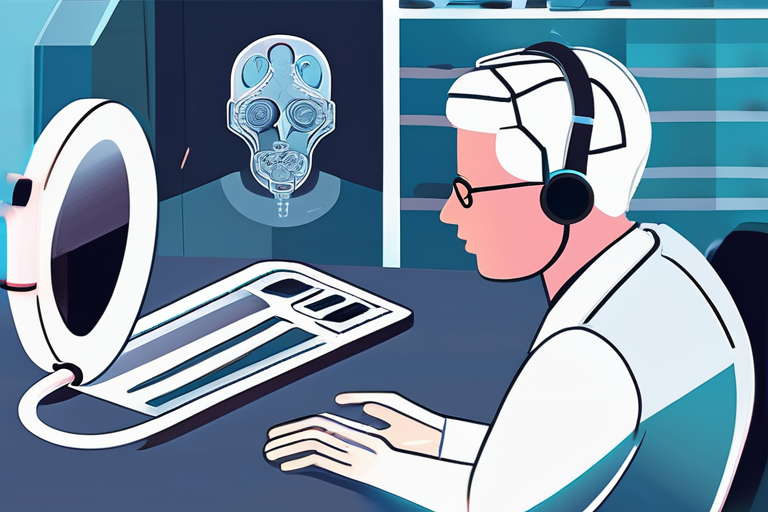
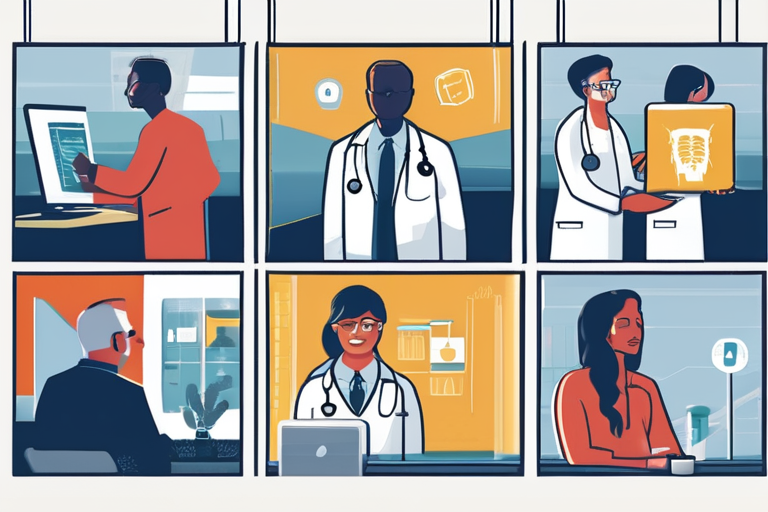
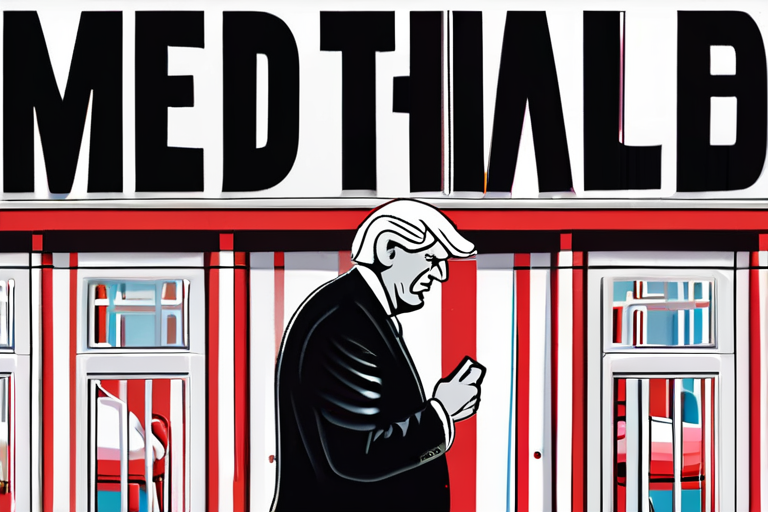

Share & Engage Share
Share this article